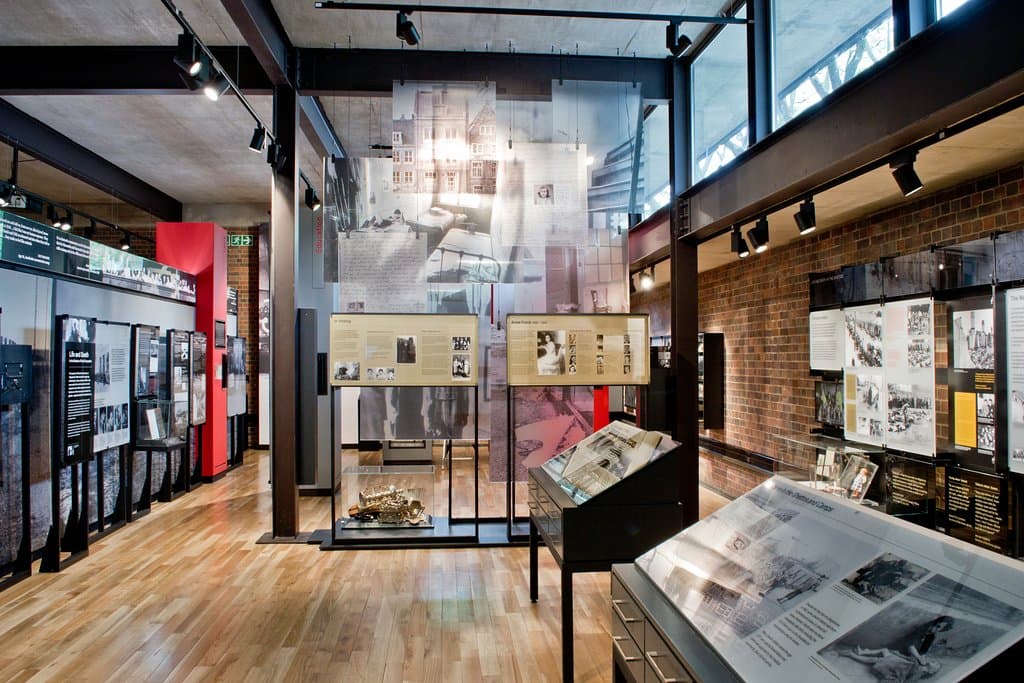
Johannesburg Holocaust & Genocide Centre Johannesburg
A profound center dedicated to educating about the Holocaust and Rwandan genocide, fostering remembrance and preventing future atrocities.

Highlights
Must-see attractions
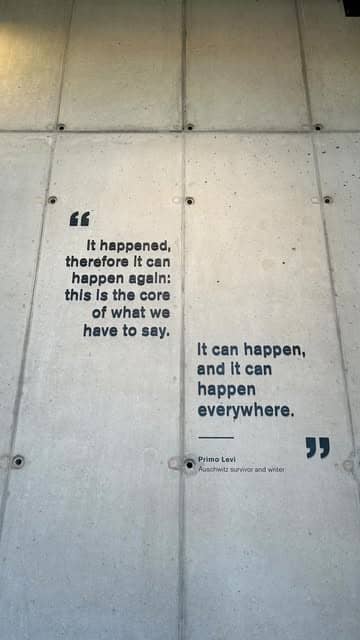
Social
From TikTok & Reddit
Best Time
Fewer crowds for reflection

Johannesburg Holocaust & Genocide Centre Johannesburg
Best Time
Fewer crowds for reflection

Highlights
Must-see attractions
A profound center dedicated to educating about the Holocaust and Rwandan genocide, fostering remembrance and preventing future atrocities.
"A deeply moving and essential place for understanding history and promoting human dignity."
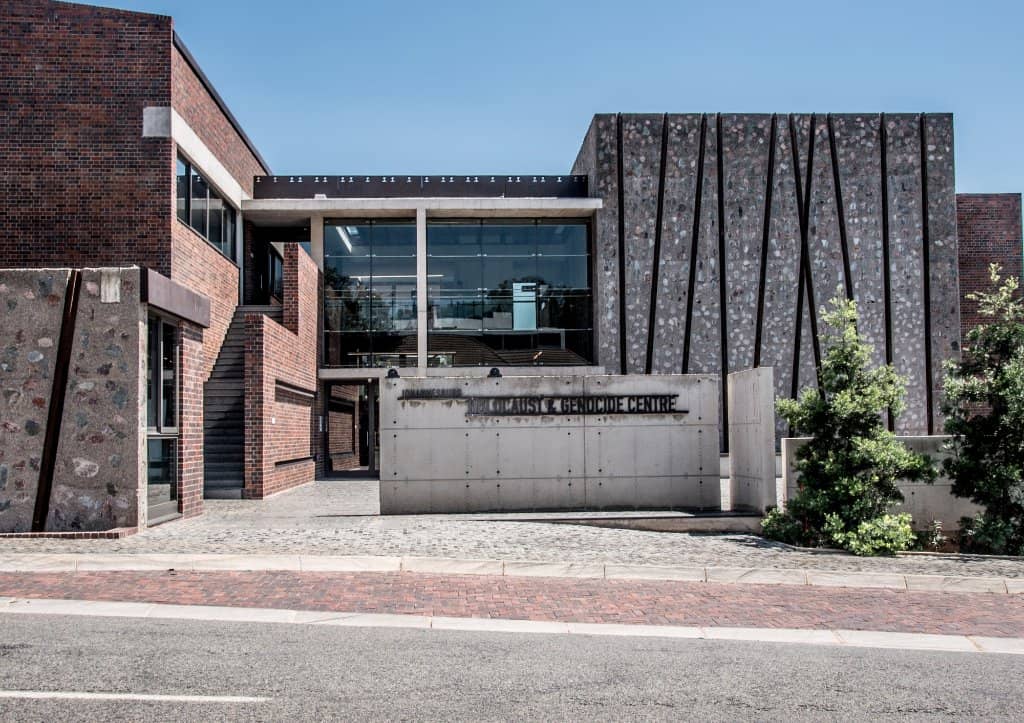
Allocate Ample Time
Give yourself at least 2-3 hours to truly engage with the exhibits and reflect.
Check for Events
The center hosts public events and talks; check their schedule beforehand.
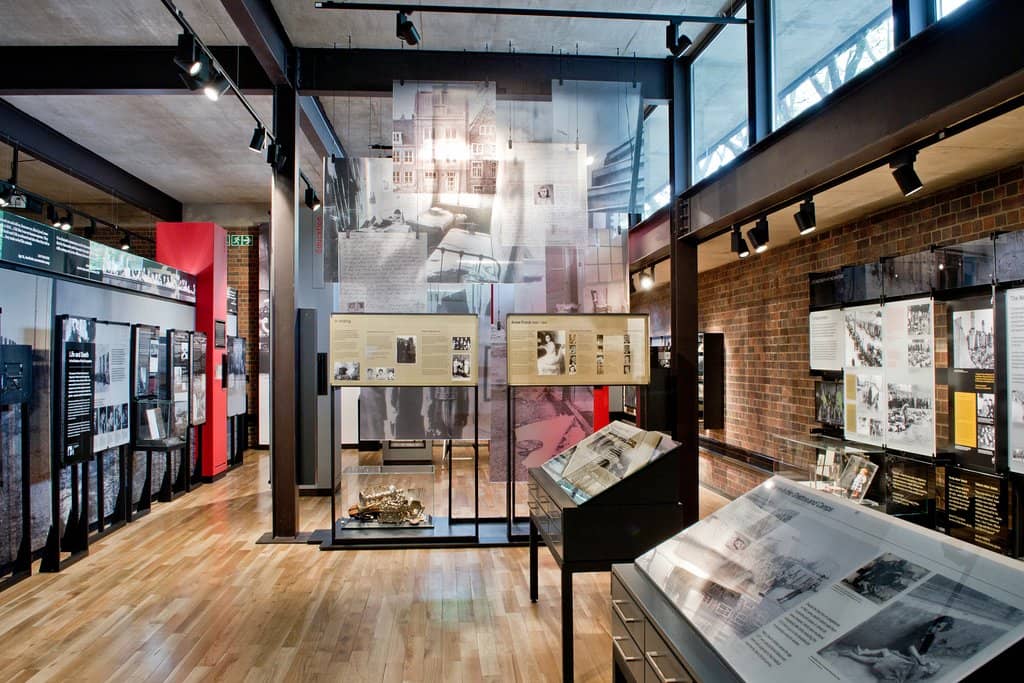
Highlights
Discover the most iconic attractions and experiences

Holocaust Exhibition
A deeply moving exploration of the Holocaust, its victims, and survivors.

Genocide in Rwanda Exhibit
Understand the complexities and impact of the Rwandan genocide.

Survivor Testimonies
Hear powerful firsthand accounts from those who lived through unimaginable events.
Plans like a pro.
Thinks like you
Planning Your Visit
Plan Your Visit
Respectful Engagement
Best Times
Insider Tips
from TikTok, Instagram & Reddit
Allocate Ample Time
Give yourself at least 2-3 hours to truly engage with the exhibits and reflect.
Check for Events
The center hosts public events and talks; check their schedule beforehand.
Photography Rules
Be mindful of photography restrictions to respect the solemnity of the space.
Prepare for Emotion
The exhibits are powerful; be prepared for an emotionally impactful experience.
Tips
from all over the internet
Allocate Ample Time
Give yourself at least 2-3 hours to truly engage with the exhibits and reflect.
Check for Events
The center hosts public events and talks; check their schedule beforehand.
Photography Rules
Be mindful of photography restrictions to respect the solemnity of the space.
Prepare for Emotion
The exhibits are powerful; be prepared for an emotionally impactful experience.
What Travellers Say
Reviews Summary
Visitors consistently praise the Johannesburg Holocaust & Genocide Centre for its profound educational impact and moving exhibits. The center is commended for its sensitive portrayal of difficult historical events and its commitment to remembrance. Some visitors note the emotionally challenging nature of the content, which is inherent to the subject matter.
"Wow… The Johannesburg Holocaust & Genocide Centre is a deeply moving and intellectually enriching institution that plays a critical role in South Africa’s cultural, educational, and human rights landscape. The Centre is dedicated to commemorating the victims of the Holocaust and the 1994 Rwandan Genocide, while educating the public about the dangers of prejudice, discrimination, and indifference.
I felt so many emotions the day I visited this museum!"
Amy Shannon
"Having often past this museum while in morning traffic, finally I made the effort to go in. Not obviously a museum with no signage from Jan Smuts Av but the exterior architecture always caught my eye. The exhibition on Rwanda is well worth a visit to understand the Rwandan genocide, the persons involved and the events leading up to the atrocities. Very well put together, informative and visually impressive. The holocaust section of the museum gives an insight into Jewish people who came SA and particularly JoBurg, so gives you a local connection. This is all housed in an architectural beautiful building. The museum is small but well worth a visit and will make you think."
S M
"Wow what an experience... Definitely an eye opener."
Natasha O'Shea
What People Like
What People Dislike
Frequently Asked Questions
🚇 🗺️ Getting There
The center is accessible by car, with parking available. Public transport options may vary, so it's advisable to check local routes or consider ride-sharing services for convenience.
Yes, parking is typically available for visitors. It's recommended to arrive a little early to secure a spot, especially during peak times.
Information on the nearest bus or train stops can be found on the center's official website or by using a local transit app.
🎫 🎫 Tickets & Entry
While not always mandatory, booking tickets in advance is often recommended, especially for special events or if you plan to visit during busy periods. Check the official website for current ticketing policies.
Opening hours can vary, so it's best to consult the Johannesburg Holocaust & Genocide Centre's official website for the most up-to-date information on days and times of operation.
The center operates as a not-for-profit organization. While admission may be free, donations are highly encouraged to support their educational mission.
Yes, visitors can explore the exhibits independently. Guided tours may also be available and can offer deeper insights into the historical context.
🎫 🧭 Onsite Experience
To fully appreciate the exhibits and allow for reflection, plan for at least 2 to 3 hours. Some visitors may wish to spend longer, especially if attending a talk or event.
Photography policies can be strict to maintain the solemn atmosphere. Generally, personal photography without flash may be permitted in certain areas, but always check signage and ask staff.
The center strives to be accessible. Information regarding ramps, elevators, and other accessibility features can be found on their website or by contacting them directly.
You can expect to see exhibits detailing the Holocaust, the genocide in Rwanda, and other acts of mass violence, often featuring personal stories and historical artifacts.
While specific amenities can change, many centers of this nature have a small shop selling relevant books or souvenirs. Check their website for current offerings.
📸 📷 Photography
Photography rules are in place to ensure respect for the exhibits and visitors. Typically, flash photography is prohibited, and some areas may be entirely off-limits for photos. Always look for signs or ask staff.
It's generally discouraged to photograph specific survivor testimonies or personal artifacts without explicit permission, as these are often sensitive and deeply personal.
While the focus is on education and remembrance, the architecture and certain displays might offer opportunities for thoughtful, respectful photography.
For Different Travelers
Tailored advice for your travel style
Educators and Students
Individuals Seeking Deeper Understanding
Deep Dives
In-depth insights and expert knowledge
Understanding the Exhibits
One of the most impactful aspects of the center is its dedication to survivor testimonies. Through oral histories, written accounts, and sometimes even personal belongings, visitors gain a profound understanding of the human cost of genocide. These narratives are crucial for connecting with the past on a personal level and understanding the resilience of the human spirit. The center also often hosts temporary exhibitions that delve into specific aspects of genocide or human rights issues, offering fresh perspectives and ongoing learning opportunities.
Beyond the historical accounts, the center is a hub for public events, educational programs, and discussions. These activities aim to foster dialogue about human rights, tolerance, and the ongoing struggle against prejudice and discrimination. By engaging with these broader themes, the center encourages visitors to consider their own roles in promoting a more just and peaceful world.
The Importance of Remembrance
By presenting powerful and often harrowing accounts, the center aims to foster empathy and understanding. It challenges visitors to confront difficult truths about human behavior and the consequences of unchecked hatred and indifference. The goal is not just to recount history, but to inspire action and promote a commitment to human dignity and respect for all.
This commitment extends to educational outreach, where the center works with schools and communities to provide resources and facilitate learning. Through these efforts, they aim to cultivate a generation that is informed, critical-thinking, and dedicated to preventing future genocides. The center is a testament to the enduring power of memory and the importance of learning from the past to shape a better future.

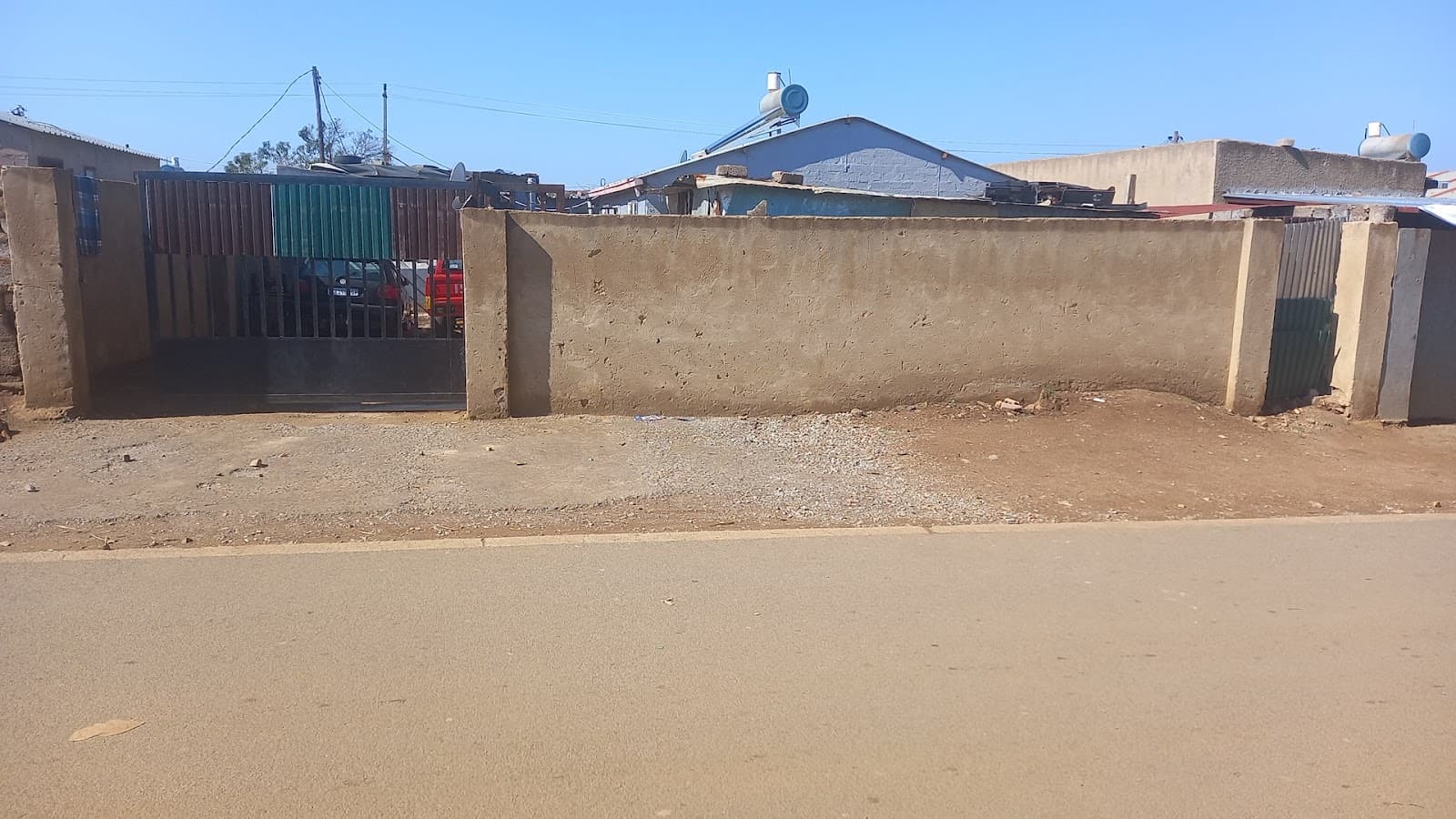



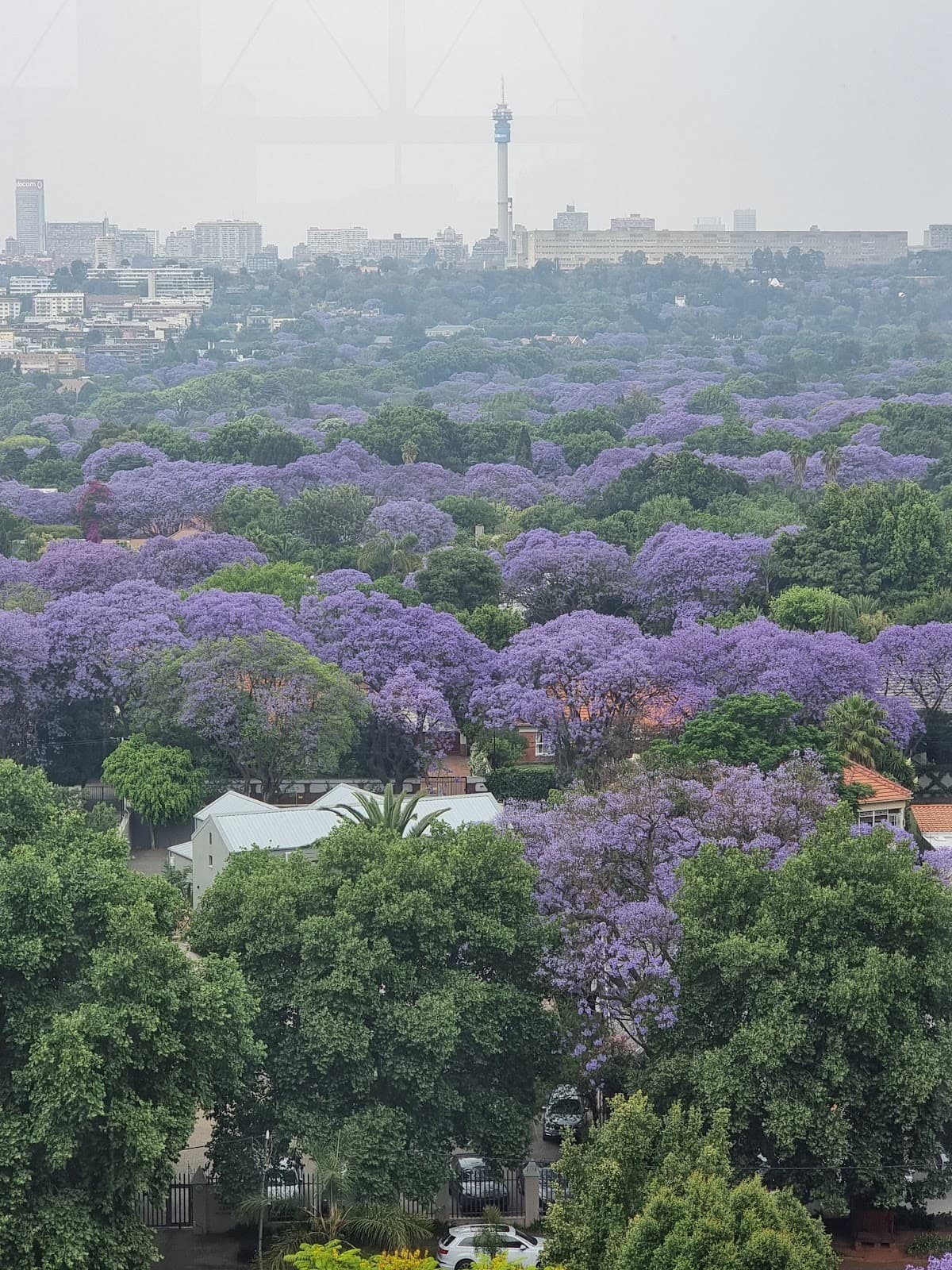
Social
from TikTok, Instagram & Reddit